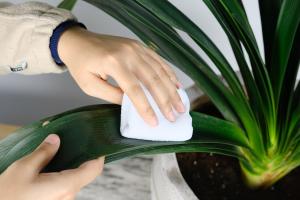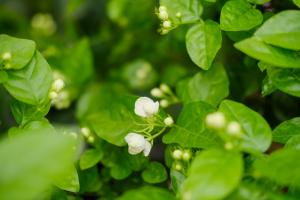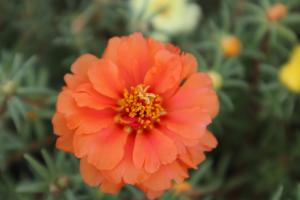Mechanism of sowing and propagation of Asparagus
Sowing and propagation of asparagus is one of the main propagation methods of asparagus.
Asparagus will blossom in autumn, and then the seeds will mature in winter. The mature seeds are dark brown. At this time, they can be picked and sown for reproduction.
The sowing and breeding time of asparagus is from February to march of the second year. The sowing temperature should be kept at 10 ℃ - 25 ℃, and the basin soil should be kept wet. Generally, it can germinate in 30 days.
But sometimes, flower friends will also find that the seeds of asparagus have not germinated for a long time after sowing. What's the matter?
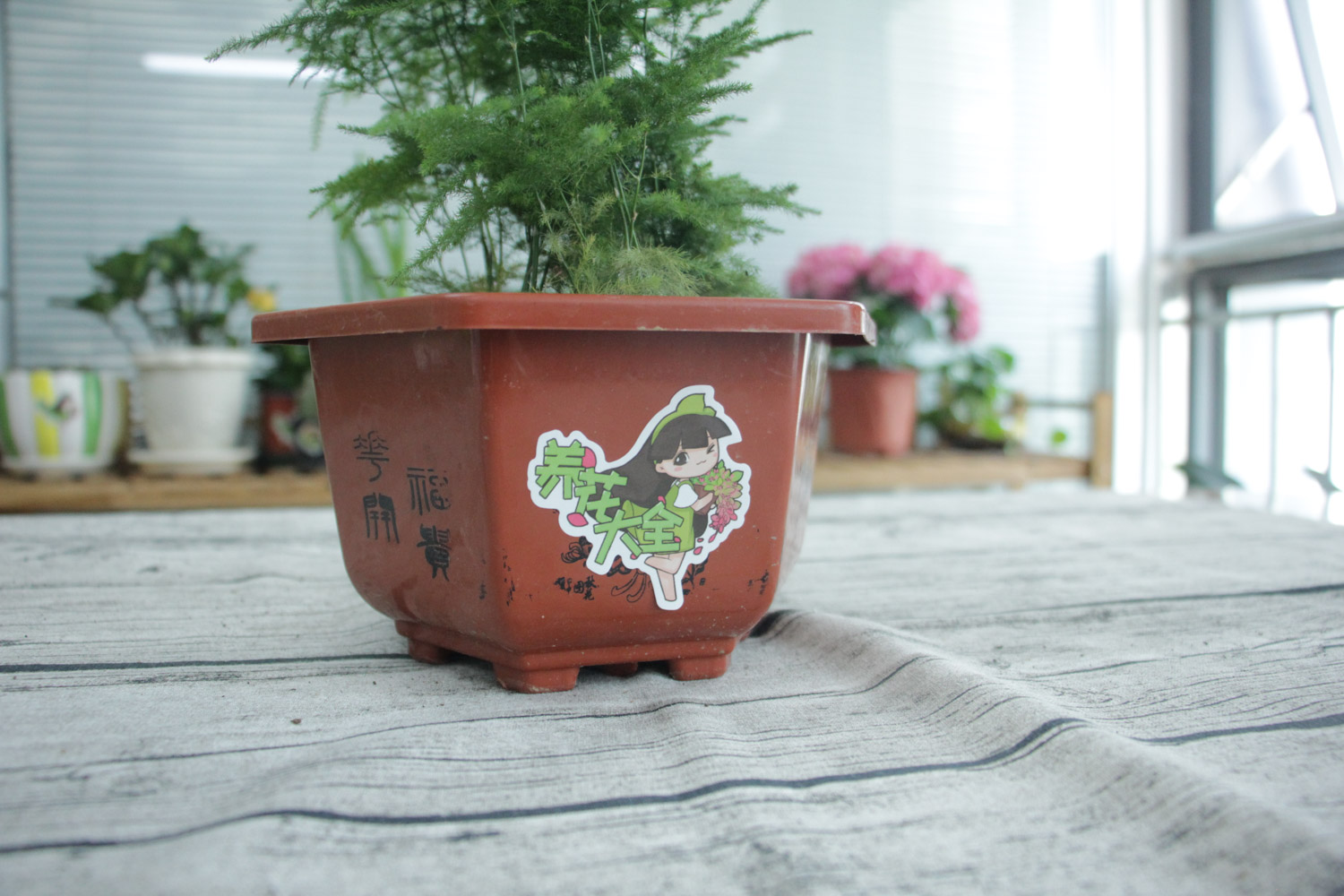
Reasons for non germination of Asparagus during sowing
The main reasons why asparagus does not germinate during sowing and reproduction are as follows.
First, the harvested seeds are not mature yet. The mature seeds should be dark brown, but the trend for sowing is cyan, which will lead to the non germination or less germination of Asparagus during sowing and reproduction. When collecting seeds, you should select the seeds that have become purple black and soft, peel them in time, and select the seeds with better quality for sowing.
Second, the seed is not treated before sowing. If the seed is not soaked for 24 hours before sowing, its germination will be affected.
Third, the sowing soil is too dry or too wet. When planting asparagus seeds, the soil is required to be wet. If it is too dry, it is not conducive to seed germination, but too wet will lead to seed decay and can not germinate.
Fourth, when sowing, the temperature is too low to meet the requirements of asparagus germination. Generally, when the temperature is lower than 10 ℃, it is difficult to germinate.
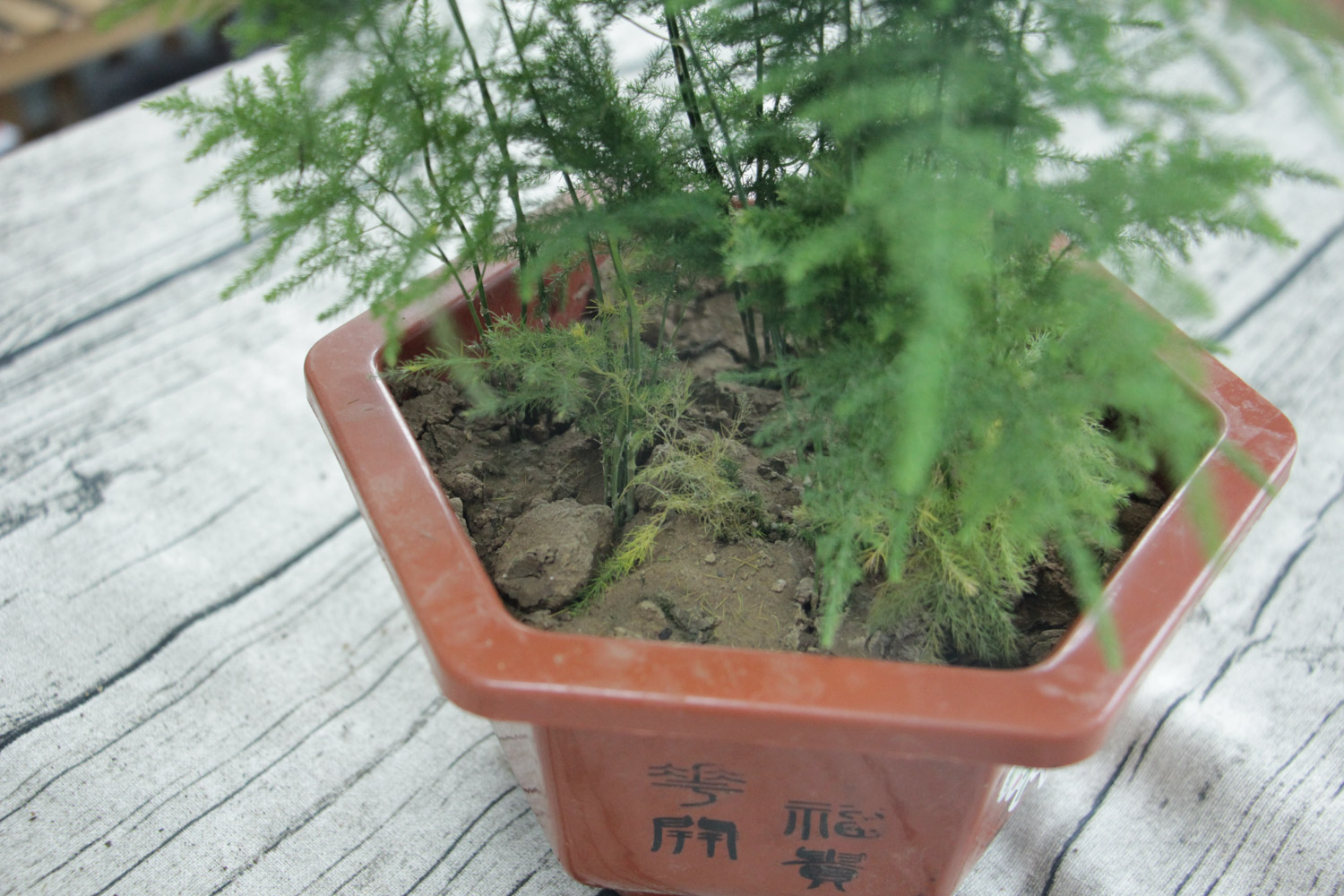

 jackfruit
jackfruit snake plant
snake plant hibiscus
hibiscus hydrangea
hydrangea lavender
lavender Green roses climb al...
Green roses climb al... If you don't pay att...
If you don't pay att... Management of four g...
Management of four g...


